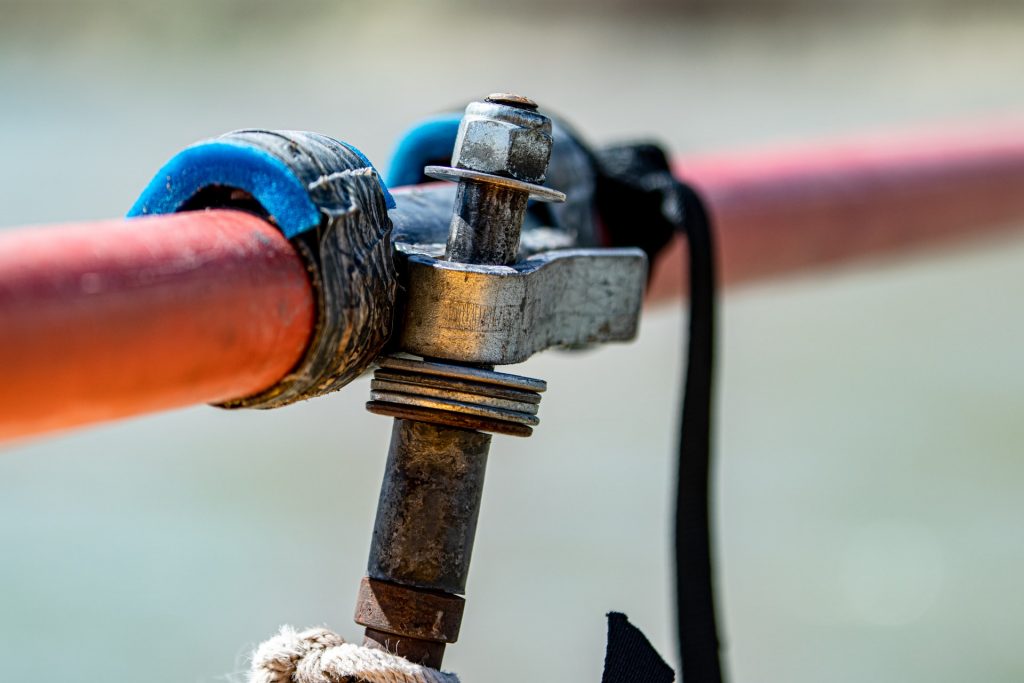Plumbing issues can be common, but they also demand attention – especially when they get serious. There are many impacts plumbing issues can have on your house, but there are also handy ways that you can prevent these problems and stop your maintenance costs from building up. Read on for more information to know what you can do for your house today!
Why can plumbing issues impact your house?
Plumbing issues can be messy, complicated, and quite expensive. Whilst bad-smelling tap water and toilets create an unpleasant living experience, leaks, and clogged pipes could make your house less efficient overall, making you spend more in the long run on household bills. Water wastage through leaks is a common way that homeowners lose money that they could be saving.
Plumbing issue categories and causes:
There is a wide range of different plumbing issues that you need to look out for in your house. Furthermore, knowing what causes these issues will put you one step ahead in your attempt to prevent them.
Inconsistent water temperatures
Inconsistent water temperatures can be a health hazard with water having the ability to scald skin if it is too hot. These fluctuations are sometimes caused by different appliances competing and using energy at the same time. For example, running a washing machine cycle might cause the shower to go cold.
Smelly toilets
Bad toilet smells are usually caused by contaminated water sources, which is usually common in houses that use a septic system. Septic systems rely on bacteria to break down the organic waste. When people use harmful products, the bacteria get affected as well as the rate at which the organic waste is digested. Consequently, the organic waste goes into the drain field before it is completely digested, resulting in major blockages and leakages.
Smelly tap water

Photo by Woody Kelly.
Bad smells from the tap are indicative of plumbing issues, with different smells being caused by different things. Whilst a metallic smell is caused by copper corrosion in pipes, a smell of sewage or rotten eggs is caused by food particles in your drain. Bacteria digest these food particles in your drain to release hydrogen sulfide; this gas might fill the drain near the sink and is forced upwards out of the tap when it is turned on to release the bad smell into the air. A third smell you might be able to detect is a bleach smell which is caused by too much chlorine being present in the water.
Blocked or leaky pipes
Blocked or leaky pipes are often caused by the build-up of limescale inside them. The limescale can restrict water flow, even causing pipes to burst or crack under the pressure. The limescale deposits can make little pinhole leaks that can even damage other areas of your house such as walls and flooring. The limescale itself is caused by calcium and magnesium ions found in hard water.
How to prevent these issues
To prevent inconsistent water temperatures, ensure that the settings on the water heater are all in order. If these settings are normal and there aren’t any competing appliances, you should then call a plumber to sort out the issue.
For smelly tap water, there are different approaches to take. For starters, you can make a 50-50 mixture of water and baking soda and pour it down your drain, waiting 20 minutes before flushing this away with water. If the water smells metallic or like bleach, run the tap for a minute to get rid of the smell. Furthermore, if the water smells like rotten eggs, ensure that your water heater temperatures are at the recommended levels.
If you have a bad-smelling toilet, shock treatments such as Bio-Sol products can work well, introducing bacteria and enzymes into the septic system to start breaking down and digesting the organic waste to unblock the drain field.
Hard water treatment can reduce the issue of blocked or leaky pipes, with softened water reducing the build-up of limescale. Getting your pipes cleaned regularly or investing in a water softener could be a wise choice to reduce your maintenance costs in the long term.
Conclusion
Not only are plumbing issues annoying, but they can also sometimes be a health and safety risk, meaning that you need to give them your full attention. You can attempt to prevent issues using the helpful tips above, but if issues continue, you should call out a plumber to reduce the cost of more major issues in the long run.
Main Photo by Claudio Schwarz.







